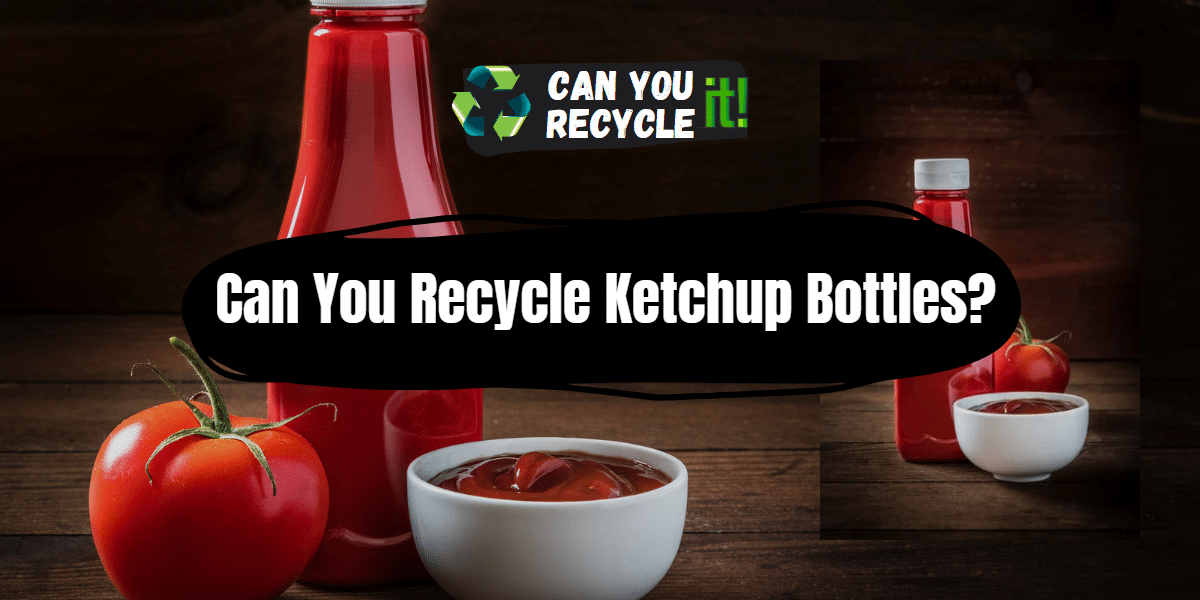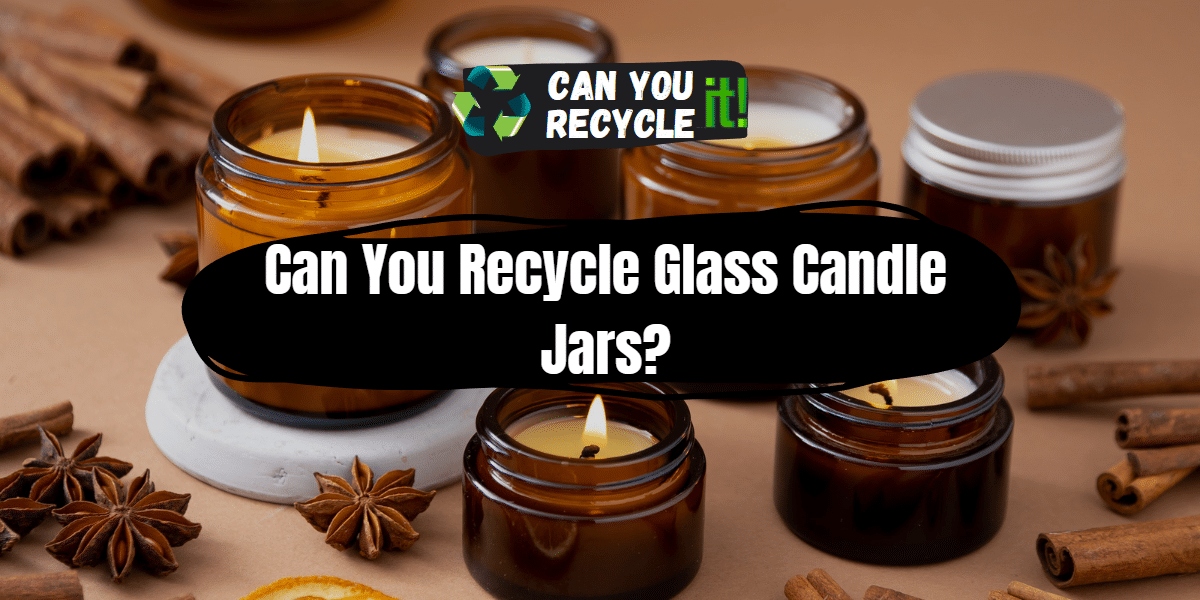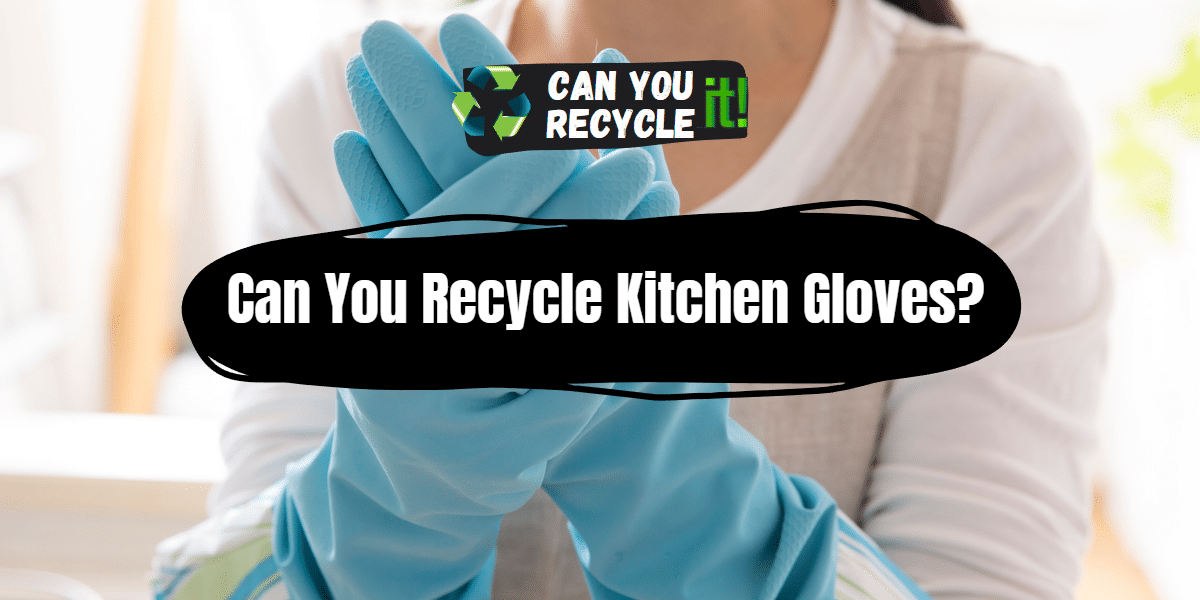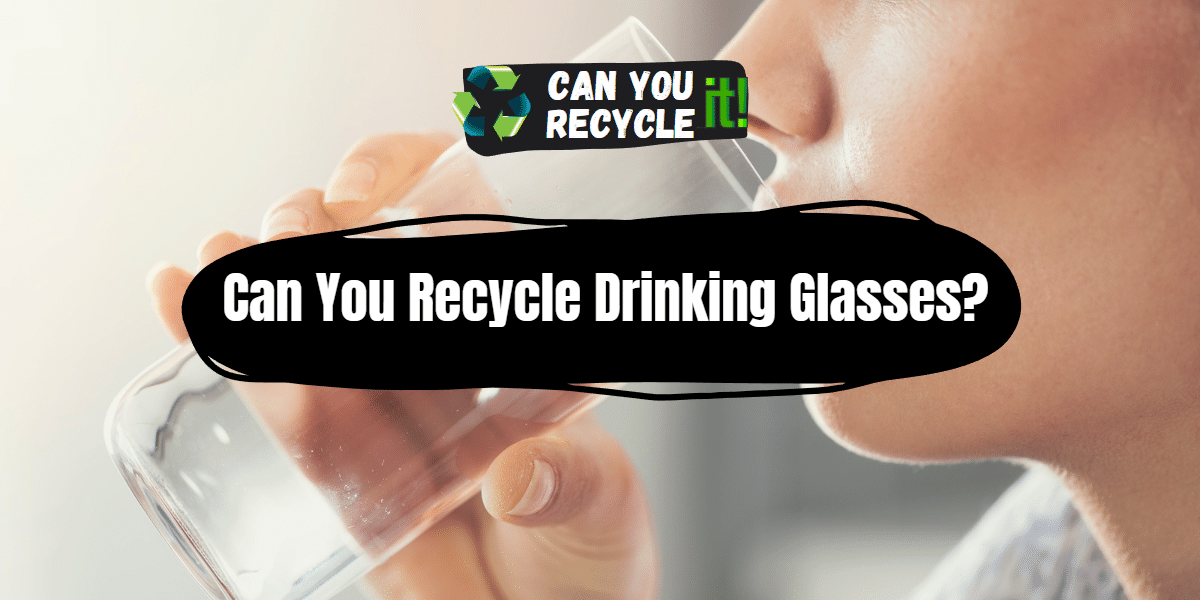Yes, most ketchup bottles can be recycled. However, it’s important to consider a few guidelines for proper recycling.
By recycling ketchup bottles, you contribute to a cleaner environment and help conserve valuable resources and reduce landfill waste.
Ketchup bottles are a common item found in kitchens and dining tables worldwide. After enjoying the last drop of delicious tomato goodness, many people wonder about the recycling possibilities for these bottles.
In this article, we will explore the topic of ketchup bottle recycling, providing insights into the dos and don’ts of sustainable disposal. Whether you’re an eco-conscious individual or simply seeking practical ways to reduce waste, this guide will help you make informed decisions regarding the recycling of ketchup bottles.
Table of Contents
Do’s and Don’ts
Dos
- Empty and Rinse the Bottle Before recycling a ketchup bottle, ensure it is entirely empty. Use a spatula or spoon to scrape out any remaining ketchup, and then rinse the bottle thoroughly to remove any residue. This step helps prevent contamination during the recycling process.
- Remove the Cap In most recycling programs. It’s advisable to remove the plastic cap from the ketchup bottle. The cap is often made of a different type of plastic and may need to be recycled separately. Check with your local recycling guidelines to determine the specific requirements for bottle caps.
- Check Local Recycling Guidelines Recycling practices can vary depending on your location. Familiarizing yourself with local recycling guidelines ensures ketchup bottles are accepted in your recycling program. Some facilities may require bottles to be clean and dry, while others may have specific labeling requirements.
Don’ts
- Recycle Bottles Contaminated with Food Waste If a ketchup bottle is heavily contaminated with food waste or cannot be properly cleaned, it’s best to dispose of it in the regular trash. Recycling facilities typically cannot process bottles with excessive residue, as it may lead to contamination of other materials.
- Recycle Unacceptable Plastics While most ketchup bottles are made of recyclable plastics, there are exceptions. Some specialty or novelty bottles may have unique shapes or designs that make them difficult to recycle. Check the recycling symbol on the bottom of the bottle for the resin identification code to determine if it is recyclable.
5-Step Guide to Recycle Ketchup Bottles
Follow these simple steps to recycle ketchup bottles effectively:
Step 1
Empty and Rinse: Make sure the bottle is completely empty by using a spatula or spoon to remove any remaining ketchup. Rinse the bottle thoroughly to remove residue.
Step 2
Remove the Cap: Separate the plastic cap from the bottle. Check local recycling guidelines to determine if the cap can be recycled separately.
Step 3
Check Recycling Symbols: Look for the recycling symbol on the bottom of the bottle. Ensure the bottle is made of an acceptable type of plastic for recycling.
Step 4
Consult Local Guidelines: Familiarize yourself with your local recycling guidelines. Follow specific instructions for preparing and sorting ketchup bottles.
Step 5
Recycle Properly: Place the clean and dry ketchup bottle in your recycling bin, or take it to a nearby recycling facility following local guidelines.
What to Do with Ketchup Bottles That Cannot Be Recycled
In cases where ketchup bottles cannot be recycled, there are alternative ways to give them a new purpose:
- Reuse: Consider reusing the empty ketchup bottle for storing homemade sauces, dressings, or condiments. With airtight seals and convenient squeeze tops, they can be a handy addition to your kitchen.
- Creative Upcycling: Get creative and repurpose ketchup bottles as arts and crafts materials. They can be transformed into colorful vases, DIY sensory bottles, or even seedling waterers for your garden.
Environmental Impact of Recycling Ketchup Bottles
Recycling ketchup bottles offers several environmental benefits, including:
- Resource Conservation: Recycling plastic bottles helps conserve valuable resources like petroleum, reducing the need for new plastic production.
- Energy Savings: Recycling ketchup bottles requires less energy than manufacturing new bottles from virgin materials. This contributes to a reduction in greenhouse gas emissions and overall energy consumption.
- Waste Reduction: By recycling ketchup bottles, we divert them from landfills, minimizing environmental pollution and reducing the demand for new landfill space.
FAQs for Can You Recycle Ketchup Bottles
Can I recycle ketchup bottles with the pump dispenser?
In most cases, ketchup bottles with pump dispensers cannot be recycled as they typically contain different materials, like metal springs. Check with your local recycling guidelines for specific instructions.
Should I remove the label before recycling the ketchup bottle?
In general, it is not necessary to remove the label from the ketchup bottle before recycling. Most recycling processes can handle labels without issues.
Conclusion 💭
Recycling ketchup bottles is a meaningful way to contribute to a more sustainable future. Following the dos and don’ts of recycling can ensure that these bottles are appropriately disposed of and given a new life. Remember to empty, rinse, and check local recycling guidelines for specific requirements. Let’s embrace responsible waste management and play our part in building a cleaner and greener planet for future generations.





Leave a Reply